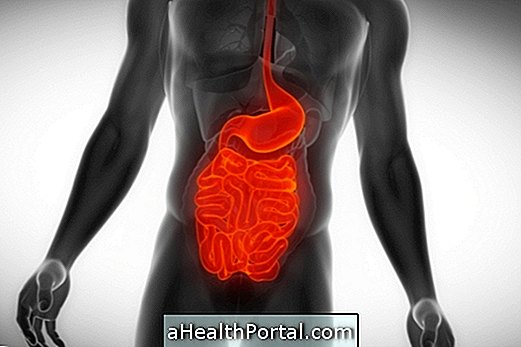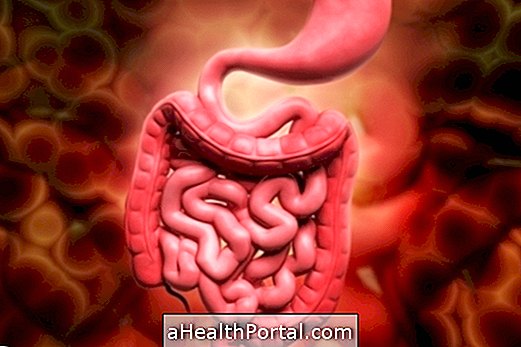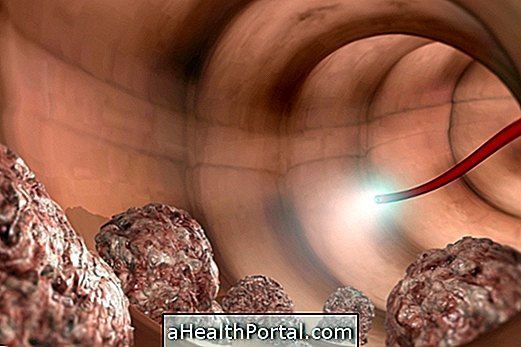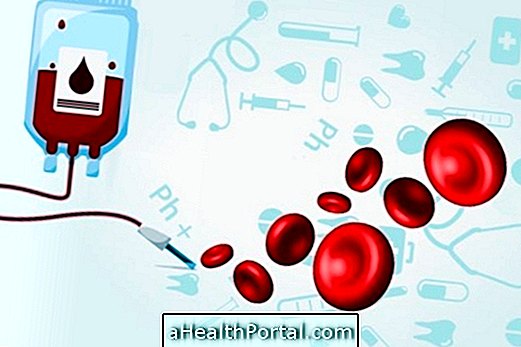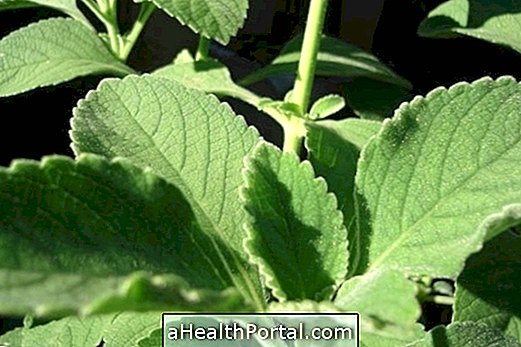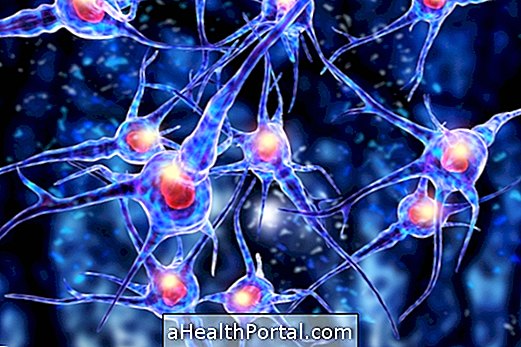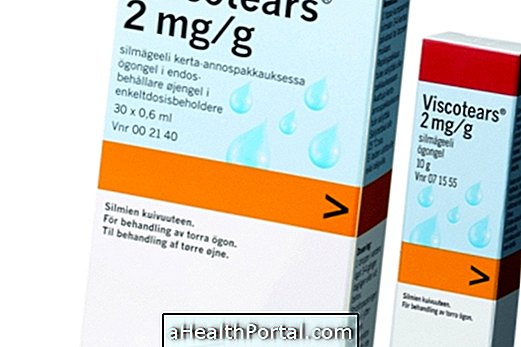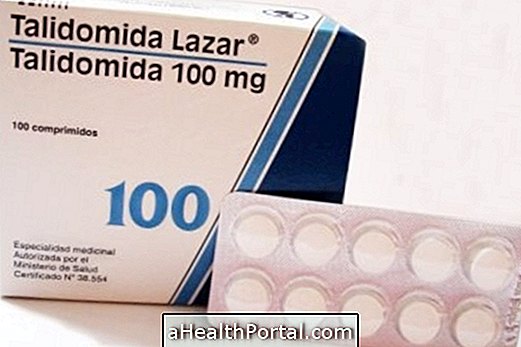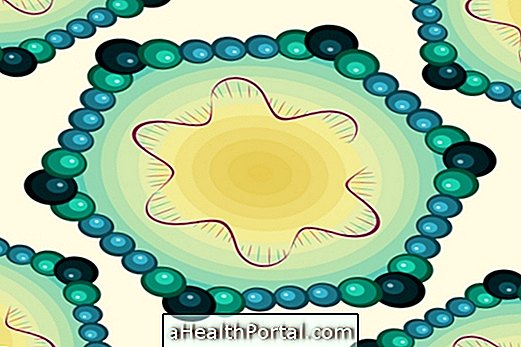Chronic gastritis is an inflammation of the stomach mucosa, which lasts for more than 3 months and presents a slow and often asymptomatic evolution, which can lead to bleeding and the development of ulcers in the stomach. Gastritis can arise because of prolonged use of medications or bacterial infections, such as H. pylori infection, for example.
The treatment of chronic gastritis is done under medical guidance and usually involves a diet that must be strictly adhered to so that the symptoms of gastritis decrease or disappear.

Classification of chronic gastritis
Chronic gastritis can be classified according to the stage of inflammation or according to the part of the stomach that has been affected.
According to the stage of inflammation, chronic gastritis can be classified into:
- Light or superficial chronic gastritis, in which only part of the stomach has been reached, usually the outermost part, and represents the initial phase of chronic gastritis;
- Moderate or atrophic chronic gastritis, in which the stomach is already much more compromised, being considered a more advanced phase;
- Gastric atrophy, which occurs when the stomach wall is virtually destroyed by complete and represents the final and most severe phase of chronic gastritis.
In relation to the part of the stomach that has been affected, the chronic gastritis can be:
- Chronic antral gastritis, in which the final part of the stomach is reached and usually occurs by infection of the Helycobacter pylori bacteria - see how to get it and how to treat H. pylori infection ;
- Chronic gastritis in the body of the stomach, in which the inflammation is perceived in the central region of the stomach and usually occurs as a result of reactions of the immune system.
Depending on the type of gastritis, the gastroenterologist can determine the best form of treatment.
Main causes
Chronic gastritis has several causes, and may be the use of anti-inflammatory drugs such as aspirin, bacterial and viral infections and Crohn's disease, which is a chronic inflammation of the digestive system that can cause symptoms such as irritation and intestinal bleeding. Get to know the symptoms and causes of Crohn's disease.
Chronic gastritis is a common illness among alcoholics, smokers, patients with a prolonged illness or compromised immune system.
Symptoms of Chronic Gastritis
The symptoms of chronic gastritis are more subtle than those of common gastritis, and include:
- Mild abdominal discomfort after meals;
- Burning sensation in the stomach;
- Nausea and vomiting;
- Feeling full stomach, even eating little;
- Bleeding in the stomach, being characterized by black and malodorous stools;
- Anemia, probably due to bleeding from the stomach or other region in the digestive tract.
These symptoms are not always perceived by the person, and there is usually suspicion of chronic gastritis when the patient reports that he has had gastritis and now has anemia, even if it is feeding correctly.
Nerve gastritis also presents the same symptoms as chronic and classic gastritis, however there is no inflammation in the stomach and it happens due to emotional issues such as stress, anxiety and nervousness. It is therefore important to go to the doctor when the first symptoms appear to identify the cause and establish the treatment. Find out what the symptoms are and how the gastritis nerve treatment is done.
What to eat and how the treatment is done
The treatment of chronic gastritis can be done with the use of gastric protective drugs, which are those that form a protective barrier to prevent gastric acid from reaching the walls of the stomach, facilitating the healing of wounds and reducing inflammation. See the most commonly used remedies for gastritis.
In addition, it is necessary that the person fulfills a strict diet of food in which only the consumption of cooked food is allowed, with few condiments and water. It is important to avoid spicy, greasy foods, sauces, alcoholic beverages, soft drinks, processed juices and inlays such as sausage. Food changes are critical if the symptoms of gastritis are to subside. Learn what to eat in the diet for gastritis.
Home remedy for chronic gastritis
A great home remedy for chronic gastritis is holy rosemary tea as it relieves the symptoms of gastritis and acts as a natural antibiotic that helps in eliminating the H. pylori bacterium from the stomach, thereby decreasing the risk of ulcer and stomach cancer. Another homemade option is chamomile tea, which has properties that help decrease inflammation and relieve symptoms. See other home remedies for gastritis.
